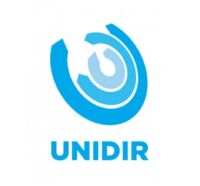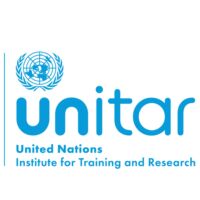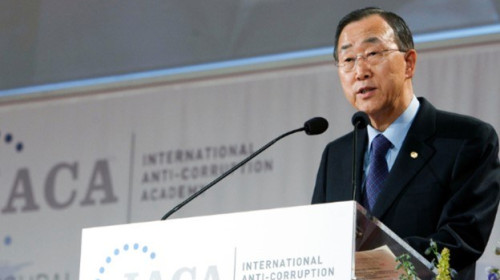Advances in science and technology are considered to be synonymous with the progress of our society and indeed the benefits of the advancements are plentiful. However, the potential for malicious applications of science and technology developments poses a possible challenge to international peace and security.
To prevent the erosion of international stability, we should not only encourage responsible innovation by States and non-State actors but also promote responsible behavior, including adherence to the existing norms and laws. This necessitates, first and foremost, the promotion and awareness-raising of the existing normative frameworks, guiding State behavior in their use of new and emerging technologies.
In addition to the further development of the existing normative frameworks, several international processes remain committed to developing new norms. To ensure inclusiveness of the processes and wide contribution to the normative developments, capacity-building is vital.
This Summer Course is offered through a two-week period, the first week covering the topic of Information Communication Technologies (ICTs), and the second-week Artificial Intelligence (AI), both in the context of international security. To allow participants to establish a professional network, each module will culminate in a final e-workshop conducted via the platform Zoom, which will be facilitated by an expert on the theme.
Target Audience
The Summer Course is aimed primarily at policy-makers and diplomats, but could be of great interest also for industry, academia and civil society as the normative frameworks pertaining to the use of new and emerging technologies are becoming increasingly open to multistakeholder engagement. In order to allow as much interaction as possible, the Summer School is designed for a maximum of 40 participants. Priority will be given to LDCs and SIDS nationals.
Learning Objectives
At the end of this Summer Course, participants should be able to:
- Explain the challenges and opportunities of emerging technologies for international security;
- Identify the UN processes dedicated to international AI, autonomous systems, and international ICT security;
- Differentiate between applicable public international law, voluntary norms and principles in the cyberspace and in the use of AI;
- Describe the intricacies of the select issues pertaining to the international law, norms and principles of responsible State behavior cyberspace;
- Describe the intricacies of the select issues with the AI and autonomous systems in the context of international peace and security.









